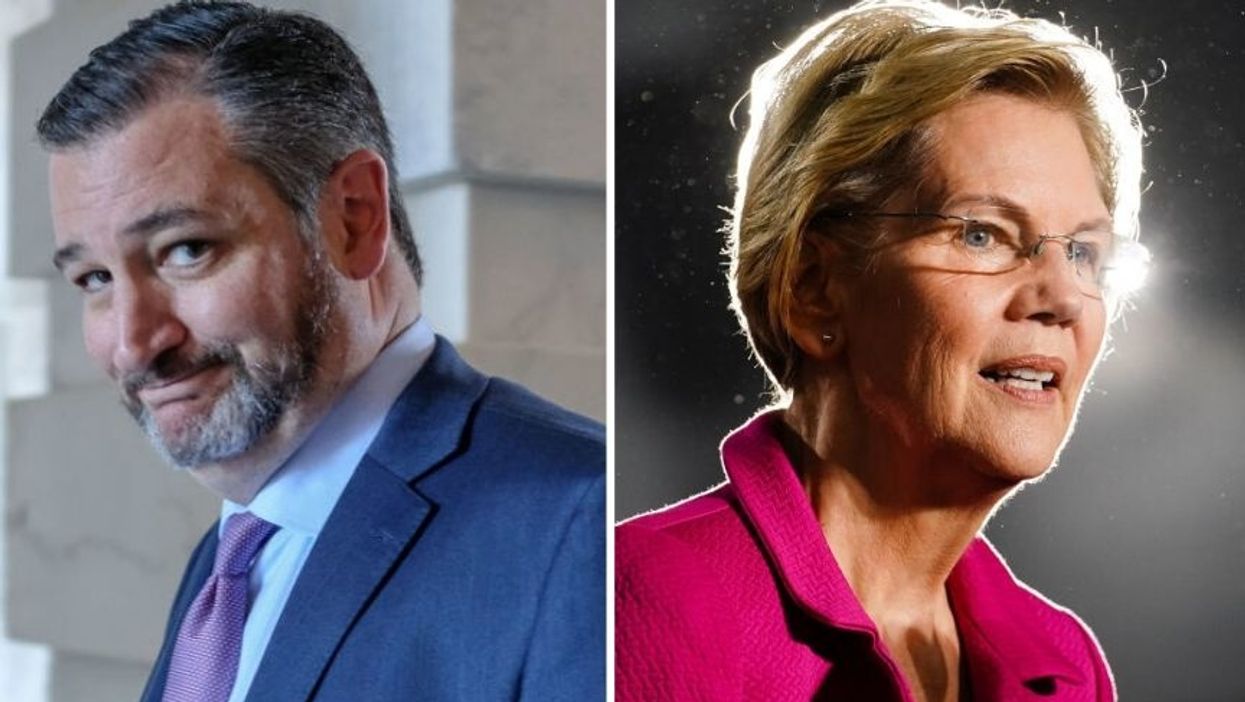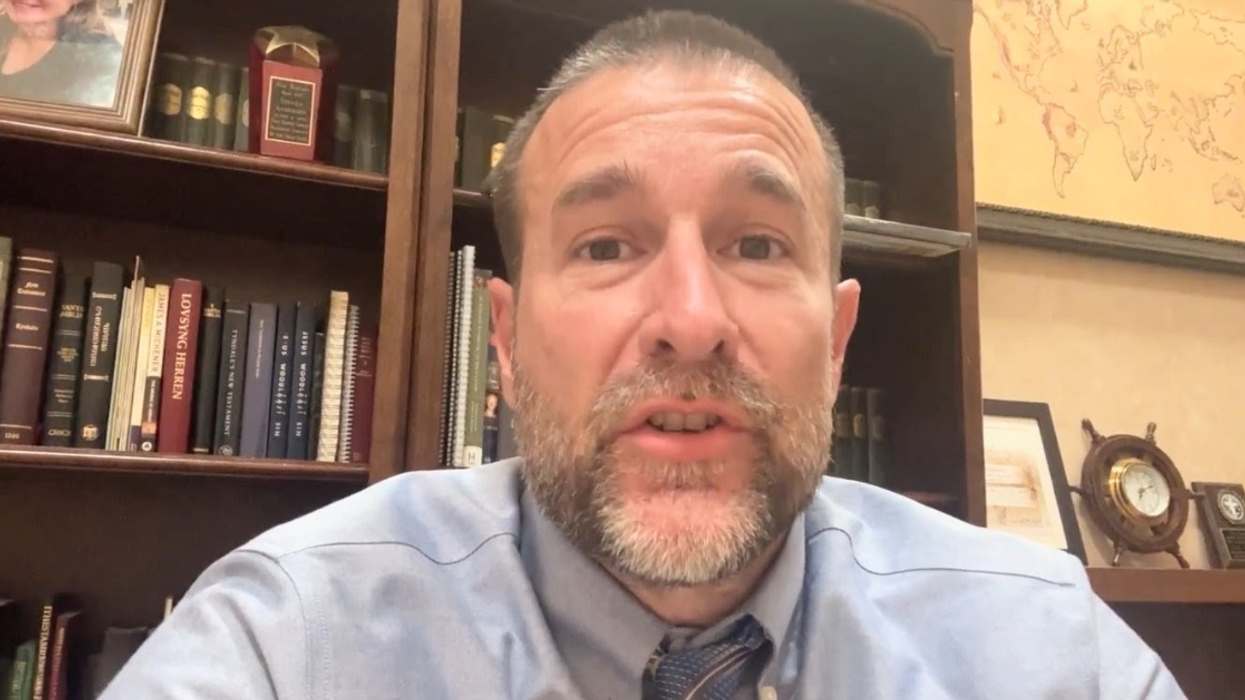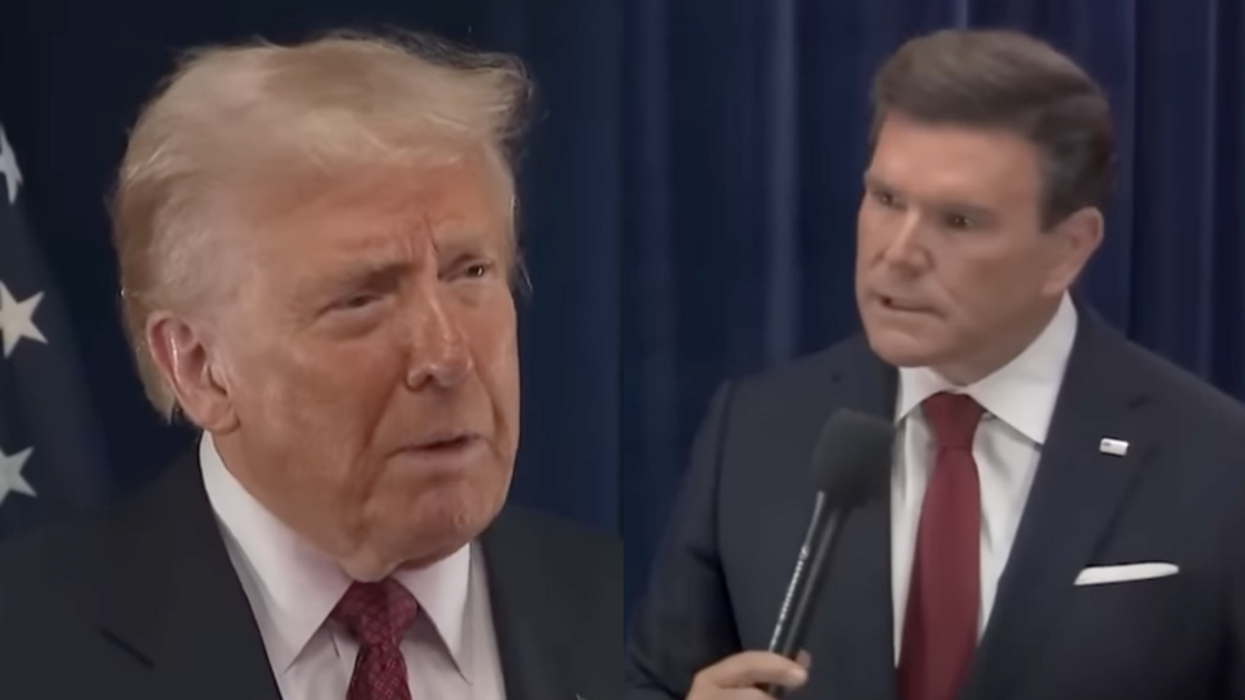Senator Elizabeth Warren (D-MA) made waves on Tuesday after announcing that she'd take broad steps to cancel student loan debt for 42 million Americans on the first day of her presidency.
What's more, the former Harvard Law Professor says she doesn't need Congress to do it.
Citing the Higher Education Act, which gives the Department of Education broad authority over federal student loans, Warren pledged that on the first day of her presidency, she'd:
"[D]irect the Secretary of Education to use their authority to begin to compromise and modify federal student loans consistent with my plan to cancel up to $50,000 in debt for 95% of student loan borrowers (about 42 million people)."
"[D]irect the Secretary of Education to use every existing authority available to rein in the for-profit college industry, crack down on predatory student lending, and combat the racial disparities in our higher education system."
One of the most notable critics of the recently revealed plan was Senator Ted Cruz (R-TX), who asked where the Constitution gives presidents the authority to "give away" large sums of money without Congress.
Cruz's critique came at a bad time: on the heels of reports that President Donald Trump's administration will divert an additional $7.2 billion from military defense and counternarcotics funds toward the construction of his southern border wall, adding to the billions of dollars he's diverted from the military toward the project since 2019.
If Cruz had forgotten Trump's bypassing of Congress through diverting funds, people were quick to remind him.
The border wall funding isn't the only instance where Trump has bypassed Congress's power of the purse—and unlike Warren did with her student loan plan, Trump gave little to no elaboration on what gives him the power.
Let's not forget he's currently facing an impeachment trial for withholding $391 million in congressionally approved foreign aid to Ukraine for his own political benefit.
Warren plans to supplement the potential income lost from student loan debt forgiveness with a marginal tax on the wealthiest of Americans.















 Happy Feeling Myself GIF by Laff
Happy Feeling Myself GIF by Laff  Charlie Day Ok GIF
Charlie Day Ok GIF  Happy Sesame Street GIF by Muppet Wiki
Happy Sesame Street GIF by Muppet Wiki 
 @max_balegde/TikTok
@max_balegde/TikTok @max_balegde/TikTok
@max_balegde/TikTok @max_balegde/TikTok
@max_balegde/TikTok @max_balegde/TikTok
@max_balegde/TikTok @max_balegde/TikTok
@max_balegde/TikTok @max_balegde/TikTok
@max_balegde/TikTok @max_balegde/TikTok
@max_balegde/TikTok @max_balegde/TikTok
@max_balegde/TikTok @max_balegde/TikTok
@max_balegde/TikTok @max_balegde/TikTok
@max_balegde/TikTok
 @jackuno/Instagram
@jackuno/Instagram @jackuno/Instagram
@jackuno/Instagram @jackuno/Instagram
@jackuno/Instagram @jackuno/Instagram
@jackuno/Instagram @jackuno/Instagram
@jackuno/Instagram @jackuno/Instagram
@jackuno/Instagram @jackuno/Instagram
@jackuno/Instagram @jackuno/Instagram
@jackuno/Instagram